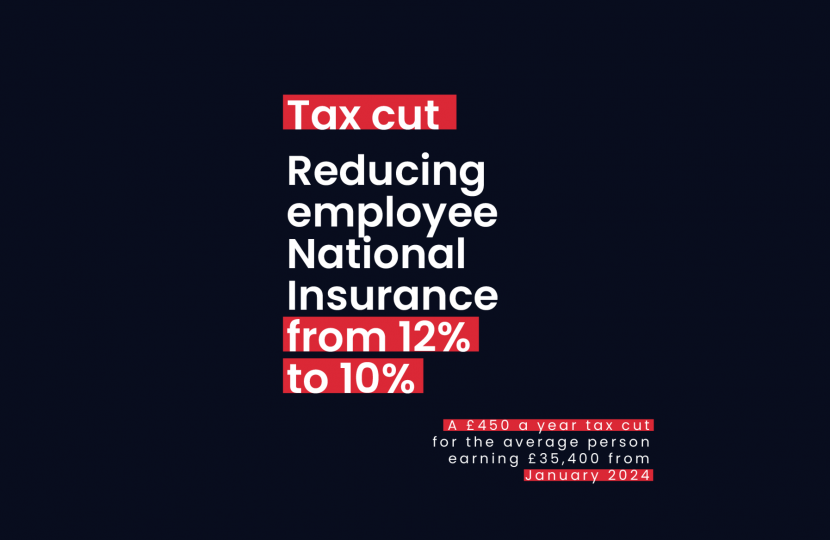
From 6 January 2024, 27 million employees are to receive the largest ever cut to National Insurance by cutting the main rate of Employee National Insurance (Class 1 NICs) by 2p from 12% to 10%.
The National Insurance Contributions (Reduction in Rates) Bill - announced by the Chancellor in the Autumn Statement - was given Royal Assent in December.
This action will reward work by reducing the current 32% combined tax rate for employees (income tax + national insurance) paying the basic rate of tax to 30% - the lowest since the 1980s.
These changes will mean that, for those on average salaries, personal taxes would be lower in the UK than every other G7 country, based on the most recent OECD data. To the average employee on a salary of £35,400, this will be worth £450 a year.
Taxes for the self-employed will also be cut and reformed. From 6 April 2024, Class 4 NICs for the self-employed will be reduced from 9% to 8% and no self-employed person will have to pay Class 2 NICs, simplifying the tax system and saving the average self-employed person on £28,200 a year £350 in 2024/25.
The changes will see an average full-time nurse on £38,900 receive an annual gain of over £520; an average teacher on £44,300 would receive an additional £630 a year; and a typical self-employed plumber on £34,400 would be £410 better off as a result of these cuts.
Richard Fuller MP said:
The measures in the Autumn Statement were a good start in delivering Conservative values to get the economy growing. From January Employee National Insurance Contributions will drop from 12% to 10%. That’s a £450 tax cut for the average worker earning £35,400, helping people keep more of the money they earn & making work pay.
